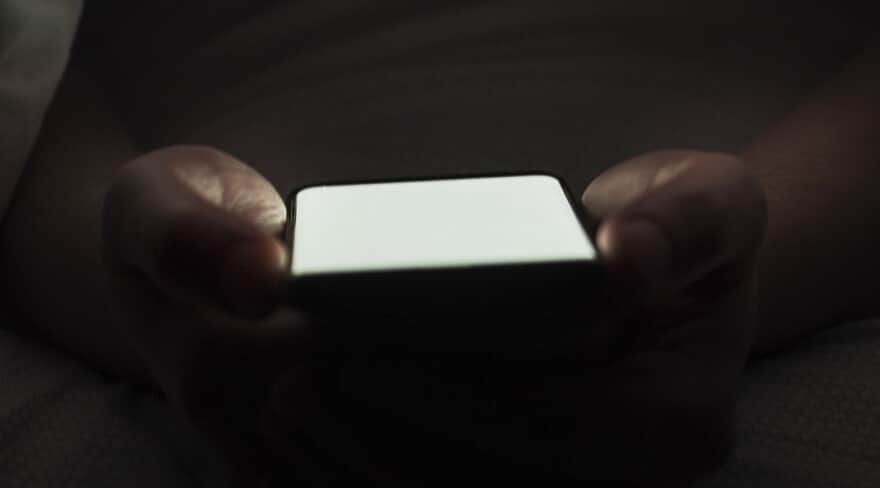Without judicial authorization
In this specific case, the accused, when fleeing the scene of the crime, dropped his phone. The police took the device and found photos that resulted in his identification and arrest.
The STF once again judged the legality of evidence obtained without judicial authorization on a cell phone found at the scene of the crime by police officers. So far, the trial has two aspects.
For the rapporteur, Dias Toffoli, the proof is legal. Minister Alexandre followed the same understanding.
For Mendes and Edson , access to the device depends on a prior court decision.
The trial, which takes place in a virtual plenary session, is scheduled to end on the 19th.
STF once again judges the validity of evidence obtained without judicial authorization.
The case
In the specific case, a man was accused of robbery, double-dedicated by the use of a firearm and the use of agents, and sentenced, in the first degree, to a sentence of 7 years in prison and a 16-day fine.
He allegedly threatened and attacked a woman who was leaving a bank branch to steal her purse and, as he fled on a motorcycle, a phone fell and was picked up by civil police officers, who found photos in the device's memory that guided the carrying out of the measures that resulted in the his identification and arrest the following day.
The TJ/RJ, recognizing the illegality of the evidence collected - decisive for the identification of criminal authorship - and, by implication, the entirety of the evidentiary apparatus, granted the defensive appeal to determine the defendant's acquittal.
In the appeal to the STF, the MP/RJ upheld the legality of the evidence, claiming that access to information and records contained in the telephone device does not violate the constitutional guarantee of the secrecy of telephone communications, given the duty of the police authority to seize the instruments and objects of crime.
For the PGR, the police authority can access telephone records, the contact list and other data recorded on a cell phone seized at the scene of the crime without judicial authorization and without the measure representing a violation of the secrecy of communications, the right to intimacy or privacy. of the individual.
With this understanding, the then Attorney General of the Republic, Augusto Aras, sent a memorial to the STF ministers in favor of dismissing the case.
Lawful
For Minister Dias Toffoli, rapporteur of the case, it is reasonable for the police officers to examine the cell phone, because the object was found at the scene of the crime and contained elements of information necessary to elucidate the criminal offense and perpetrator.
The minister highlighted that, in accordance with the provisions of art. 6th of the CPP , the police authority must "seize the objects that are related to the incident, after being released by criminal experts".
Toffoli considered that even if there was no access to the photos stored on the cell phone, the police would reach the same result, because when checking the latest telephone records, they discovered the patient's girlfriend's landline and, thus, his whereabouts.
In view of this, he voted to grant the appeal and the extraordinary appeal, nullifying the ruling and ordering the Court of origin to proceed with the trial. Toffoli suggested the following thesis:
"Evidence obtained by the police authority, without judicial authorization, through access to a telephone record or contact book of a cell phone seized continuously at the scene of the crime attributed to the accused is lawful, and this access does not constitute an offense against the secrecy of communications, intimacy or privacy of the individual ( CF , art. 5, items X and XII)."
See Dias Toffoli's vote .
Minister Alexandre accompanied the rapporteur.
Judicial decision
In disagreeing with the rapporteur, Minister Mendes considered that access to telephone devices must be subject to a prior judicial decision, in which the need, adequacy and proportionality of access to the required data and information is demonstrated.
"This is a fundamental measure to protect individual rights and avoid generic searches (fishing expedition). This is because the need for judicial control requires demonstrating the need for the measure and its just cause, in addition to enabling the establishment of limits to data to be collected."
Therefore, he voted to dismiss the appeal, proposing the following thesis:
"Access to telephone records, contact books and other data contained in cell phones seized at the scene of the crime attributed to the accused depends on a prior judicial decision that justifies, based on concrete elements, the need and adequacy of the measure and delimits its scope in light of the fundamental rights to intimacy, privacy and confidentiality of individuals' communications and data ( CF , art. 5, X and XX)."
See Mendes' vote .
Minister Edson followed the dissenting vote.
The trial is scheduled to end on April 19.
.

 Mr. Alessandro Jacob speaking about Brazilian Law on "International Bar Association" conference
Mr. Alessandro Jacob speaking about Brazilian Law on "International Bar Association" conference